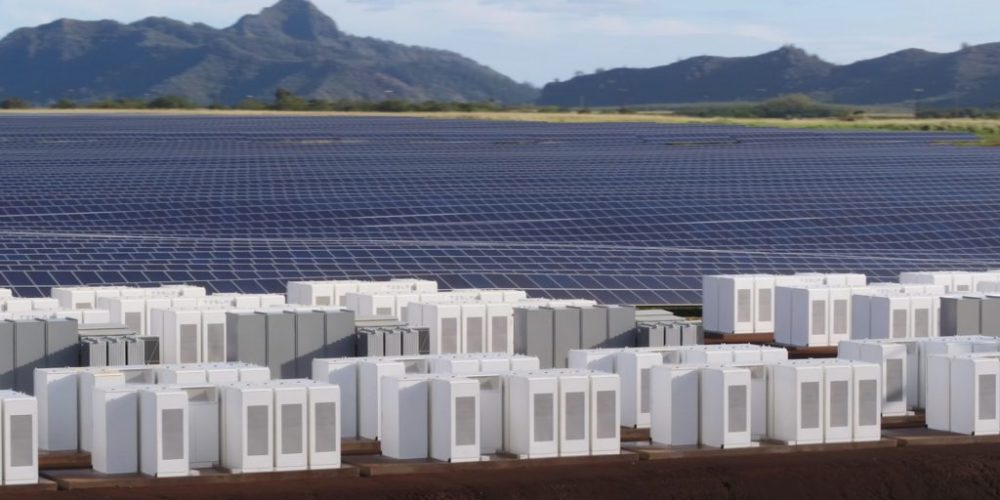The global battery materials market is expected to grow 9% annually until 2022, primarily due to a rise in PV installation, a new report says. Analysts from research and consulting company Technavio have published a report suggesting the global rise in solar projects is having a significant impact on the supply chain of battery components.
According to the report, the Asia-Pacific region made up 65% of the market last year and will continue to top the standings for the next four years. Solar PV systems are increasingly being coupled with battery storage for improved grid integration and self-consumption, says the report. According to IHS Markit, 2018 could see record PV installations of 105 GW worldwide, a figure 11% higher than that seen in 2017.
Meanwhile, BloombergNEF released a report this year which underlined the importance of storage for the renewable energy market. Since 2010, it calculates prices for lithium-ion storage have fallen 80% per MWh. Due to accelerating electric vehicle (EV) manufacturing in the 2020s, prices are expected to decline further.
Expanding on that point, Logan Goldie-Scott, Head of Energy Storage at BloombergNEF tells pv magazine: “We expect battery pack prices to fall to $96/kWh by 2025, and $70/kWh by 2030. For battery cell manufacturing for EVs, we expect the leading countries based on today’s plant pipeline to be China, the U.S., Korea, and Japan. We expect further capacity in Europe to be announced over the coming years as well. Much of the activity in Europe has so far been in Eastern Europe.”
“The arrival of cheap battery storage will mean it becomes increasingly possible to finesse the delivery of electricity from wind and solar so that these technologies can help meet demand even when the wind isn’t blowing and the sun isn’t shining,” writes Seb Henbest head of Europe, the Middle East, and Africa for BNEF, and lead author of the NEO 2018 report. “The result will be renewables eating up more and more of the existing market for coal, gas and nuclear.”
Overall, Henbest forecasts $548 billion will be invested in the battery market by 2050, of which two-thirds will be at the grid level and the rest behind the meter, by households and businesses. Mr. Goldie-Scott adds total annual investment in stationary energy storage in 2017 was around $2 billion.
This content is protected by copyright and may not be reused. If you want to cooperate with us and would like to reuse some of our content, please contact: editors@pv-magazine.com.




By submitting this form you agree to pv magazine using your data for the purposes of publishing your comment.
Your personal data will only be disclosed or otherwise transmitted to third parties for the purposes of spam filtering or if this is necessary for technical maintenance of the website. Any other transfer to third parties will not take place unless this is justified on the basis of applicable data protection regulations or if pv magazine is legally obliged to do so.
You may revoke this consent at any time with effect for the future, in which case your personal data will be deleted immediately. Otherwise, your data will be deleted if pv magazine has processed your request or the purpose of data storage is fulfilled.
Further information on data privacy can be found in our Data Protection Policy.